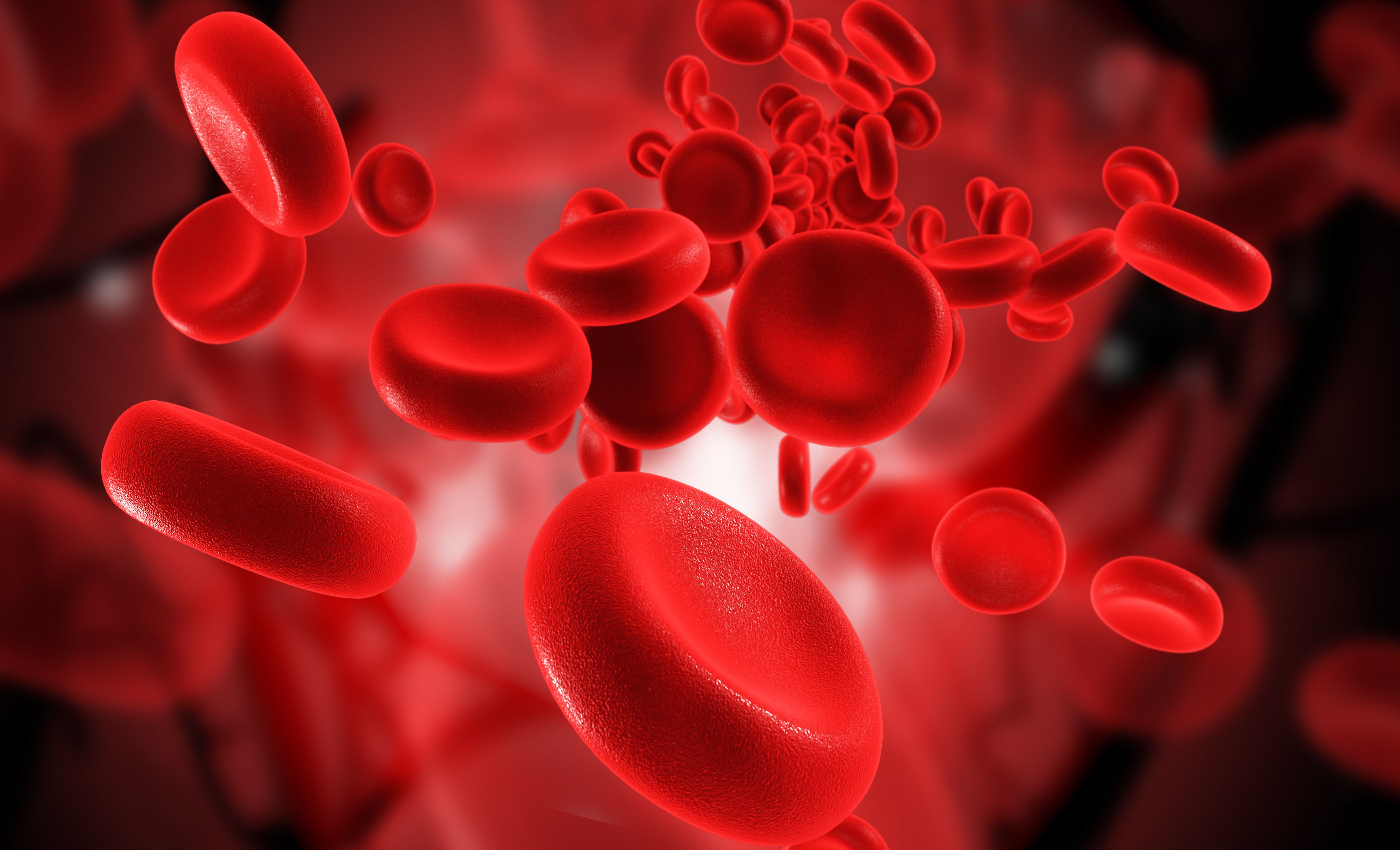Emerging Immune Cellular Blood Phenotypes Linked to Disease Duration, Activity in Psoriatic Arthritis
The results imply the possibility of improving patient stratification based on both clinical and immune cellular phenotypes.
In patients with psoriatic arthritis (PsA), a correlation was found between immune cell types resembling four immune cellular phenotypes in the condition, according to a study published in Arthritis Research & Therapy.1

The results imply “the possibility of improving PsA patient stratification based on both clinical and immune cellular phenotypes,” Marie Skougaard, MD, of The Parker Institute, Bispebjerg and Frederiksberg Hospital in Frederiksberg, Denmark, and colleagues, stated.
In the study, the researchers explored the interaction between immune cell subtypes composing the immune response driving PsA. They evaluated the possible differences in immune cellular phenotypes, and also examined associations between emerging immune cellular phenotypes and PsA disease outcomes.
The researchers used multicolor flow cytometry on the peripheral blood collected from 70 patients (39 females, age: 51.5 years, disease duration: 4 years) with PsA to determine the frequencies of 9 immune cell subtypes. Principal component analysis was completed on the immune cells to established cellular phenotypes. Meanwhile, Disease Activity in Psoriatic Arthritis (DAPSA) and Psoriasis Area Severity Index (PASI) were retrieved to assess the associations with individual cellular phenotypes.
The researchers identified 4 components using PCA, explaining 66.6% of the variance in the dataset, resembling 4 immune cellular phenotypes. Component 1, which explained 25.6% of the variance with contribution from T-helper 17 cells (Th17), memory T regulatory cells (mTregs), dendritic cells and monocytes, was associated with longer disease duration and higher DAPSA. Component 2, which explained 18.4% of the variance, was driven by Th1, naïve Tregs and mTregs and was associated with shorter disease duration. Component 3 which explained 12.5% of the variance, was driven by both Th1, Th17 and CD8+ T cells. Component 4, which explained 10% of the variance, was characterized by a reverse correlation between CD8+ T cells and natural killer cells.
The study also aimed to assess immune cell characteristics evaluating possible differences in cellular phenotypes in the patients initiating new medical therapy. Comparing treatment groups, meaningful differences were only found when comparing concomitant conventional synthetic disease modifying anti-rheumatic drugs (DMARDs) and the number of previousbiological DMARDs. Investigators explained that this, together with the difference in disease duration (7.75 years) for interleukin 17 inhibitors (IL-17i) initiators compared with that for tumor necrosis factor inhibitors (TNFi) (3.67 years) and methotrexate (3.13 years) initiators, may be explained by treatment guidelines in Denmark, which include TNFi being the first line biological DMARD after conventional synthetic DMARD failure, while IL-17i would be considered after TNFi.
While the results add to the discussion of stratified treatment based on immune cellular phenotypes, “additional understanding of immune cellular response mechanisms in larger cohorts is needed before treatment targeting individual immune cellular phenotypes will be possible,” investigators concluded.
Reference:
Skougaard M, Ditlev SB, Stisen ZR, Coates LC, Ellegaard K, Kristensen LE. Four emerging immune cellular blood phenotypes associated with disease duration and activity established in Psoriatic Arthritis. Arthritis Res Ther. 2022;24(1):262. Published 2022 Nov 29. doi:10.1186/s13075-022-02956-x